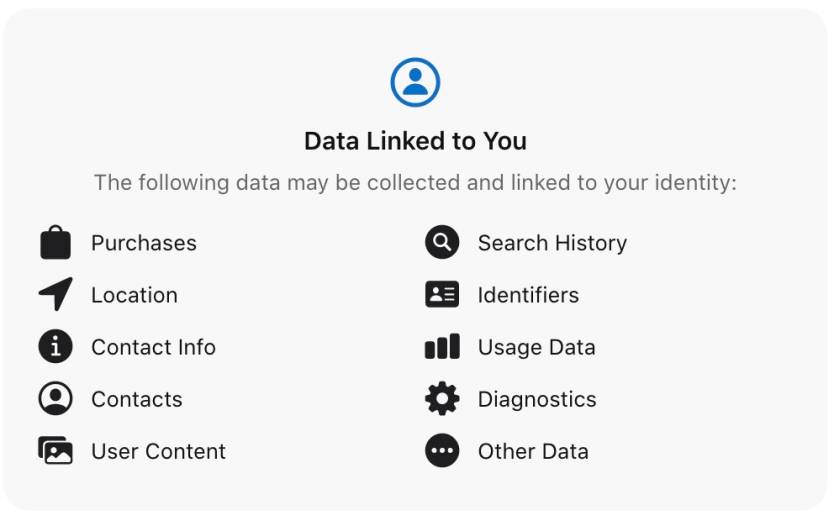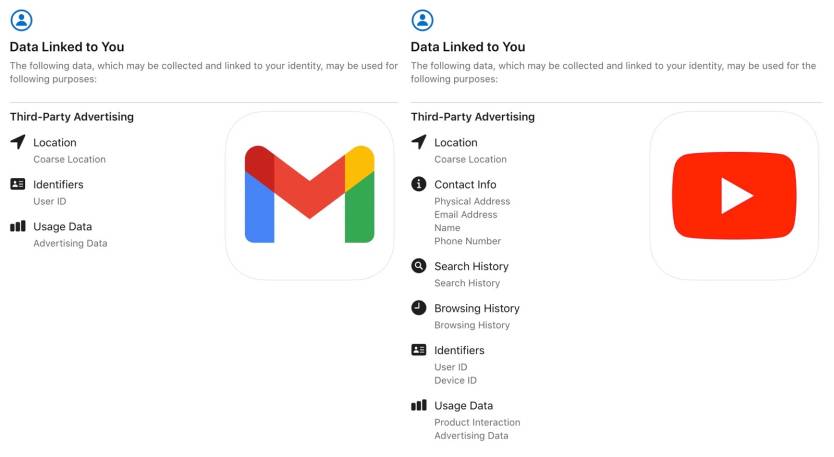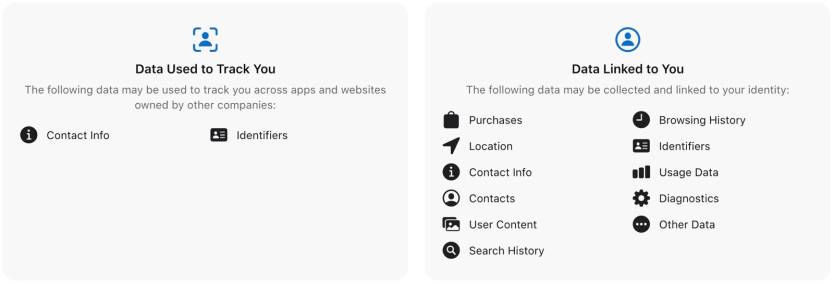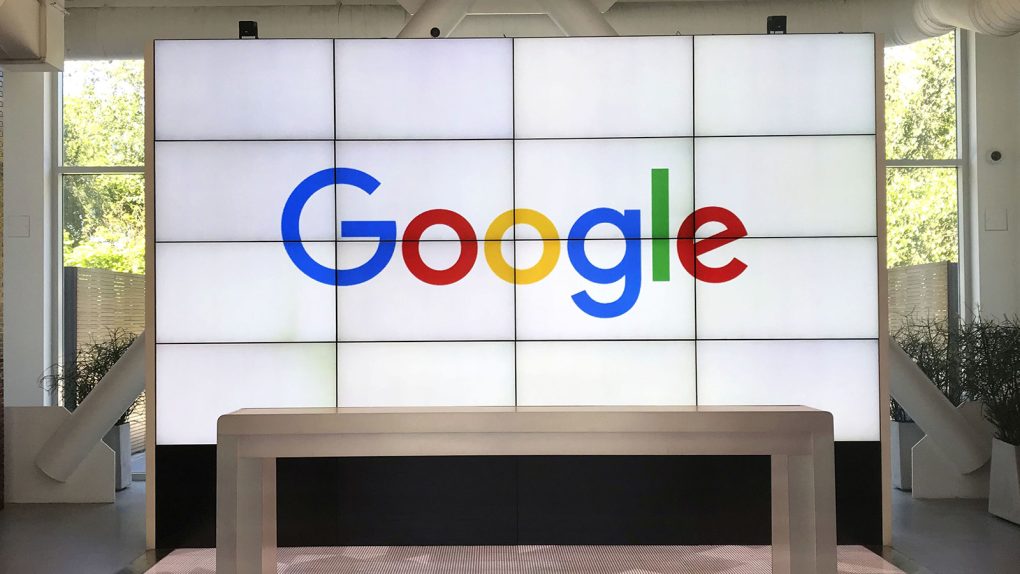- Google has finally revealed the terrifying amount of data apps like Gmail and YouTube can collect from iPhone and iPad.
- Google started submitting App Privacy labels for it some of its iOS apps after facing criticism that it postponed app updates to delay implementing the mandatory iOS 14 privacy features.
- Both Gmail and YouTube collect plenty of user data for different purposes, including information used for third-party advertising purposes.
Apple’s new iOS 14 privacy features sent shockwaves through the advertising industry last fall when they started rolling out. Apple will not stop advertisers from tracking users across the web and services. The company now forces developers to indicate all the personal data an app can collect and the purposes for said data collection. iPhone and iPad will also force developers to ask for permission to track users across apps and services. Facebook’s massive attack on Apple in mid-December is proof that the privacy changes are a big deal for companies that make money off of highly personalized ads.
Those ads are based on the data users allow Facebook, Google, and others to collect about them in return for free access to their services. It’s the kind of trade-off that works in the tech industry. But users might not be aware of the scope of the data they give third parties access to. That’s where Apple’s App Privacy labels in iOS 14 will help.
Gmail and YouTube’s iPhone privacy labels
Unlike Facebook, Google did not make a big deal about Apple’s privacy features. But the company did delay updating its iOS apps for well over a month. Those updates are finally coming in, with major iPhone apps like YouTube and Gmail having just received their first major updates in several weeks. Unsurprisingly, there’s a massive amount of information that Google can collect from iPhone users.
As with Facebook’s privacy labels, Google’s labels indicate that its apps will collect plenty of user data for several purposes. This includes third-party advertising, analytics, product personalization, app functionality, and — the most annoying one — other purposes. These categories also contain an “other data types” section that suggests the apps can collect even more information than they’re ready to disclose.

The following comparison shows that Gmail and YouTube do not collect the same information for advertising purposes. YouTube hoards plenty of additional information compared to Gmail. All that data is used for Google to sell better-targeted ads that bring in more revenue.
However, Google often says that it doesn’t share any user data with advertisers, and that’s true. Google doesn’t hand others this personal information. But it allows companies to target specific categories of users with specific types of ads.

Google’s Smart Compose, Smart Reply, could be powered by this data to help
Again, there’s no problem with Google and Facebook collecting all that data. Also, iOS 14 will not stop any developer from tracking users as long as apps obey its privacy rules. The apps have to list the data they collect, and they’ll have to ask permission for tracking.
However, these privacy labels could help users make more informed decisions about what sort of information they’re willing to allow apps to collect.

To see the App Privacy labels for any app, you’ll have to head to the App Store. Search for the app in question, and then look for the App Privacy section. You’ll also find the same information on the desktop App Store listings. Here’s YouTube’s App Privacy section, and here’s Gmail’s App Privacy. Google will update all of its iPhone apps with App Privacy labels soon.








